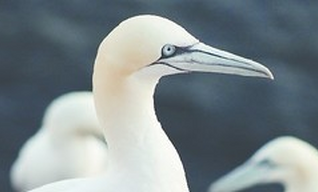
Nadine Carstens
Köln
-
Noch keine BeiträgeHier wird noch geschrieben ... bitte schaue bald nochmal vorbei

Nadine Carstens
-
gesundheit
-
kultur
-
literatur
-
natur
-
umwelt
-
usa
-
wissenschaft
-
reportagen
-
karriere
-
studium
-
porträts
Auftraggeber
Chico - Das Tierschutzmagazin , Gesund & Vital , Kölner Stadt-Anzeiger , Meramo Verlag , NWB-Verlag , Scan Group , Uniglobale , dpa-Themendienst
Weitere Profile
Fehler!
Leider konnte der Artikel nicht gefunden werden.
We can't find the internet
Attempting to reconnect
Something went wrong!
Hang in there while we get back on track









